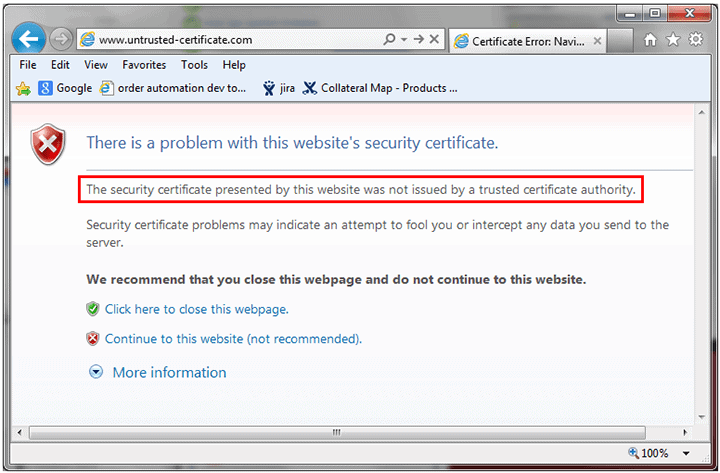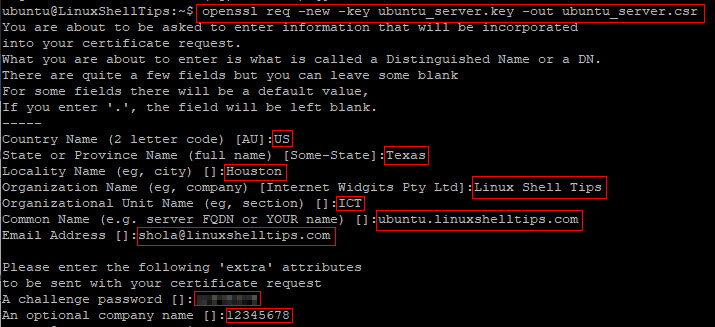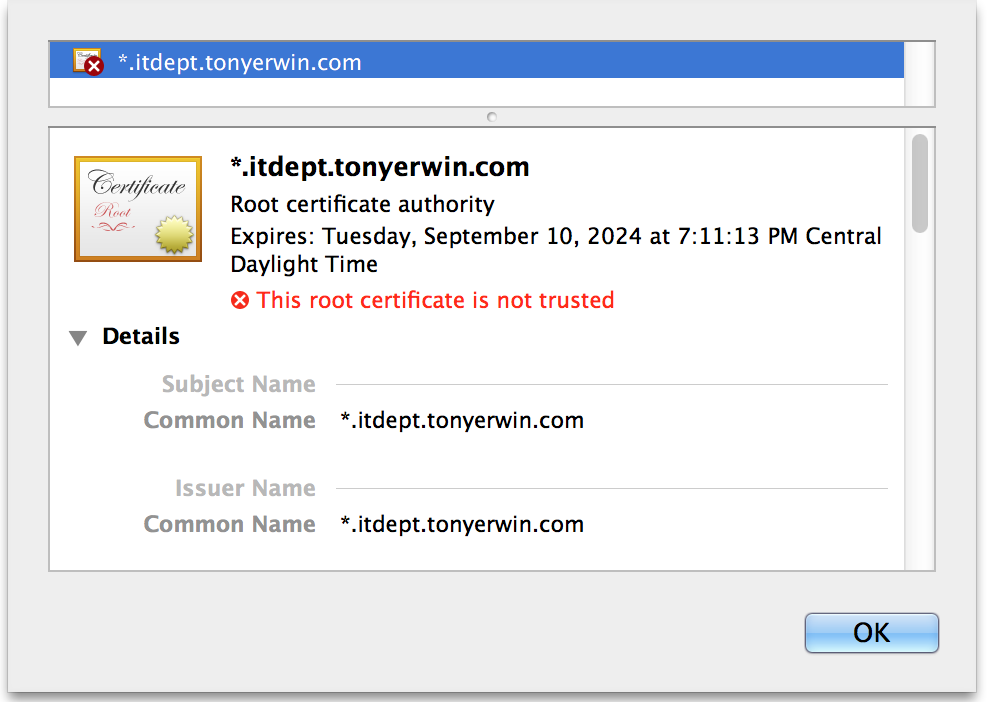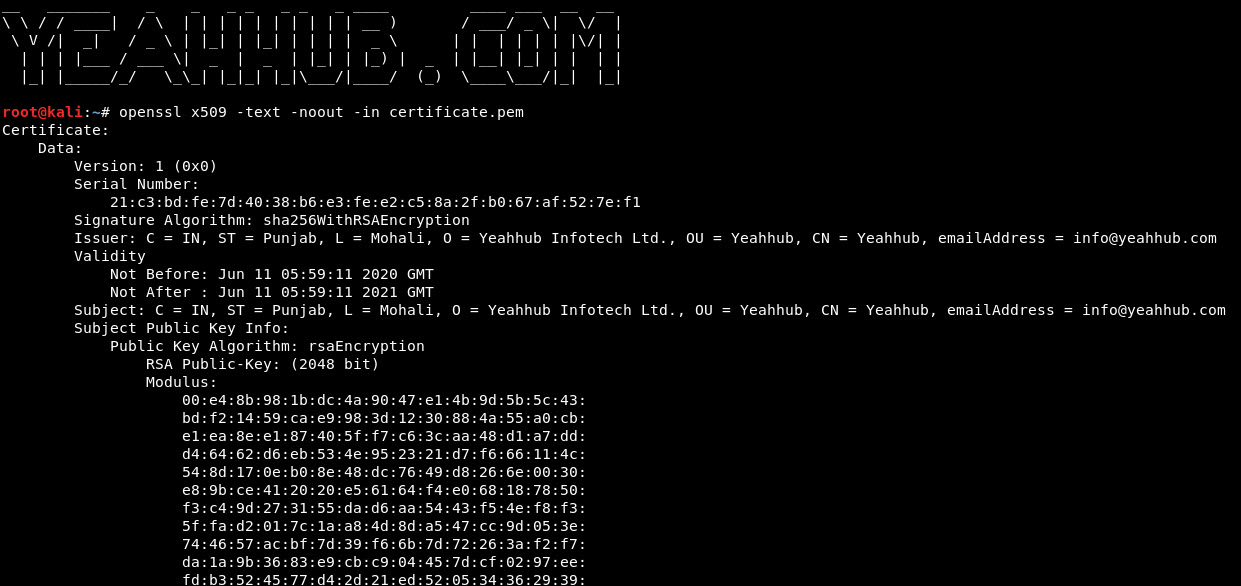
- Openssl verify certificate and key how to#
- Openssl verify certificate and key 64 Bit#
- Openssl verify certificate and key series#
Session Ticket RFC 5077 hint 7200 seconds, session tickets keys seems to be rotated = 30 days ( 22:41 -> 22:41)Ĭertificate Transparency yes (certificate extension) "application layer protocol negotiation/#16" "status request/#5" "max fragment length/#1" "EC point formats/#11" "session ticket/#35"

TLS extensions (standard) "renegotiation info/#65281" "server name/#0" Negotiated cipher ECDHE-RSA-AES128-GCM-SHA256, 256 bit ECDH (P-256) Testing robust (perfect) forward secrecy, (P)FS - omitting Null Authentication/Encryption, 3DES, RC4 Non-FS Strong encryption (AEAD ciphers) offered (OK)įorward Secure Strong encryption (AEAD ciphers) offered (OK) Obsolete: SEED + 128+256 Bit CBC cipher offered
Openssl verify certificate and key 64 Bit#
LOW: 64 Bit + DES, RC, MD5 (w/o export) not offered (OK) NULL ciphers (no encryption) not offered (OK)Īnonymous NULL Ciphers (no authentication) not offered (OK)Įxport ciphers (w/o ADH+NULL) not offered (OK) TLS 1.3 not offered and downgraded to a weaker protocol $ openssl req -noout -modulus -in server.I recently used this tool and it provides a comprehensive report related to SSL.Įxample output: Testing protocols via sockets except NPN+ALPN Openssl rsa -noout -modulus -in server.key | openssl md5) | uniqīTW, if I want to check to which key or certificate a particular CSR belongs you can compute $ (openssl x509 -noout -modulus -in server.pem | openssl md5 \ Openssl rsa -noout -modulus -in server.key | openssl md5Īnd with auto-magic comparison (If more than one hash is displayed, they don't match): $ openssl x509 -noout -modulus -in server.pem | openssl md5 \ With overwhelming probability they will differ if the keys are different. $ openssl rsa -noout -modulus -in server.key | openssl md5Īnd then compare these really shorter numbers. $ openssl x509 -noout -modulus -in server.crt | openssl md5 But since the public exponent is usually 65537 and it's bothering comparing long modulus you can use the following approach: The `modulus' and the `public exponent' portions in the key and the Certificate must match. $ openssl rsa -noout -text -in server.key

$ openssl x509 -noout -text -in server.crt

To view the Certificate and the key run the commands: To check that the public key in your cert matches the public portion of your private key, you need to view the cert and the key and compare the numbers. The "public key" bits are also embedded in your Certificate (we get them from your CSR).

Two of those numbers form the "public key", the others are part of your "private key".
Openssl verify certificate and key series#
The private key contains a series of numbers. (Shamelessly stolen from (and expanding upon) The Apache SSL FAQ) Be sure you understand what you are doing. Note: It should be noted that this is not a UW-Madison Help Desk or DoIT Middleware supported procedure, and, naturally, we can't take responsibility for any damage you do while following or attempting to follow these procedures.
Openssl verify certificate and key how to#
How to verify that a private key goes with a certificate


 0 kommentar(er)
0 kommentar(er)
